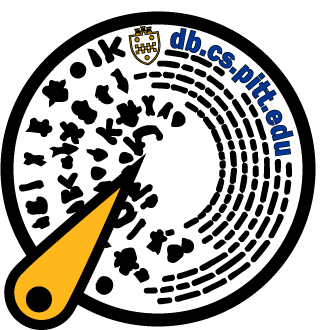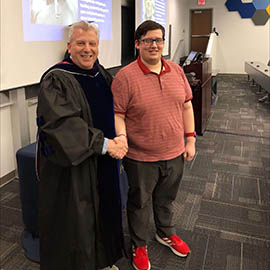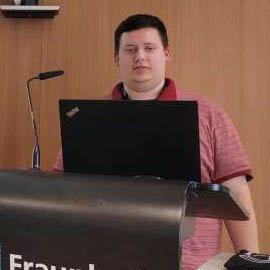- admt@cs.pitt.edu
- Pittsburgh, PA
- Join Research

Current Research Projects
View All
CAPRIO: Context-Aware Path Recommendation exploiting Indoor and Outdoor information
A novel graph-based data integration and routing system that leverages graph exploration algorithms and systems to unify both indoor and outdoor information.
AQSIOS: Algorithms and Metrics for New Generation Data Stream Management Systems
The goal of this project is to design a new generation of data stream management systems (DSMSs), with equal emphasis on optimizing performance and enhancing functionality.
CovidReduce
The CovidReduce group formed in April 2020 led by Prof. Panos K. Chrysanthis (Computer Science) and Prof. Walter Schneider (LRDC, Psychology, Bioengineering, Neurosurgery and Radiology) with the goal of providing ...
CAREER: User-Centric Data Management
The Web has permeated every facet of human activity. Web 2.0 is bringing a sea-change, both by the amount of user-generated content and by the level of automation for information ...


